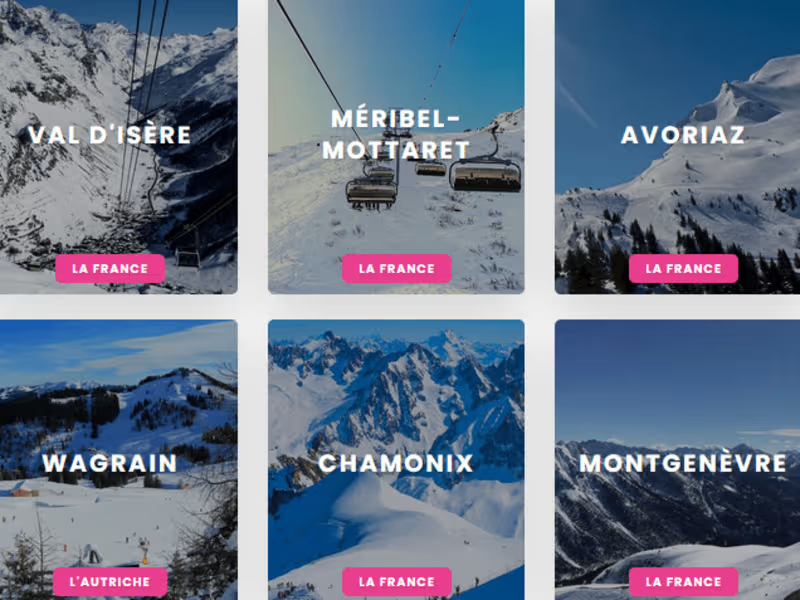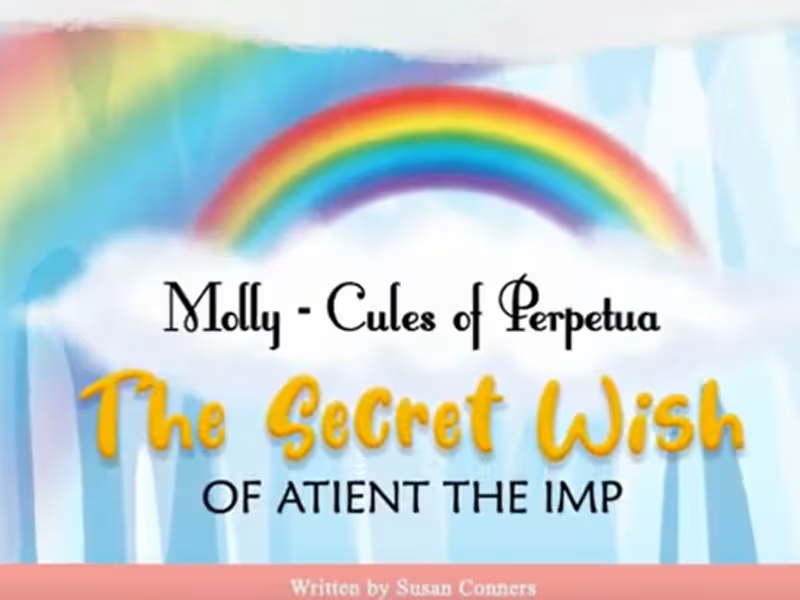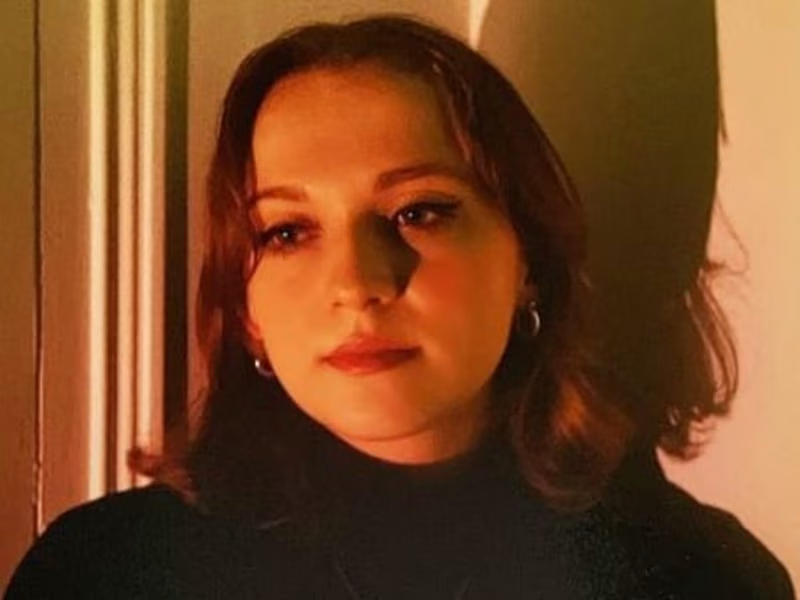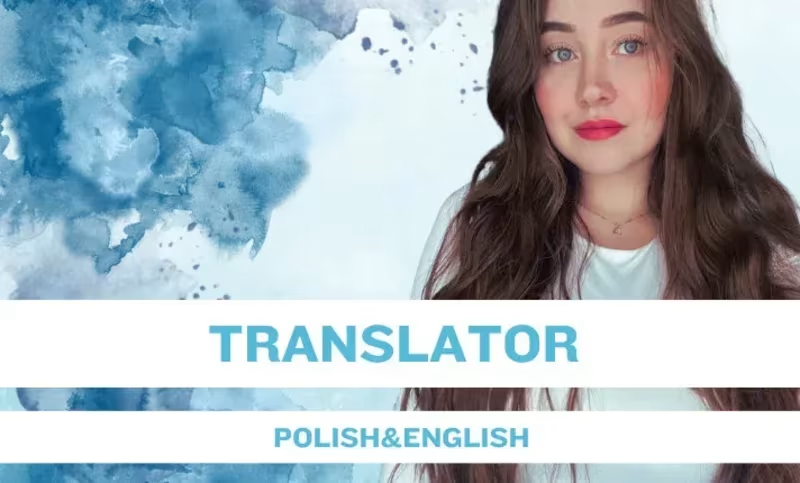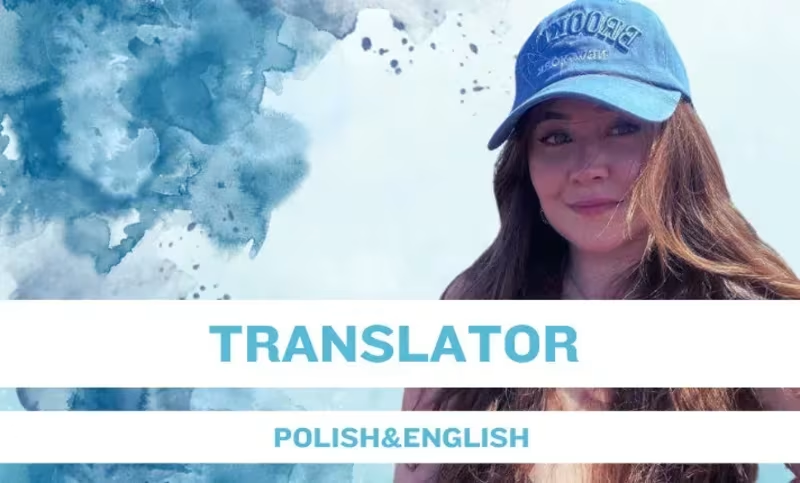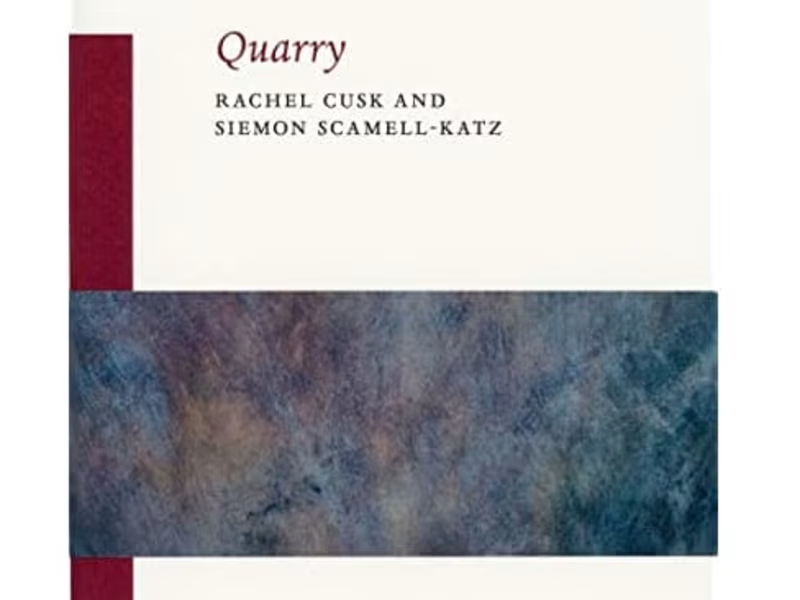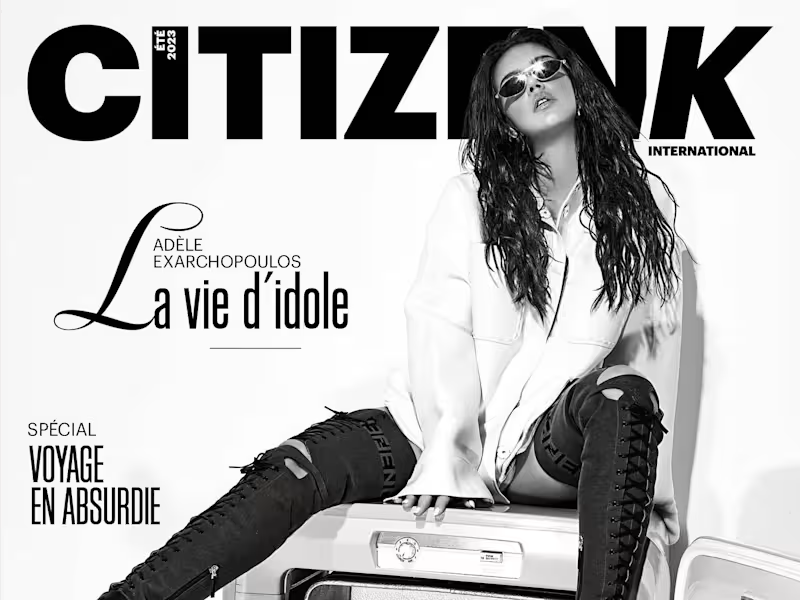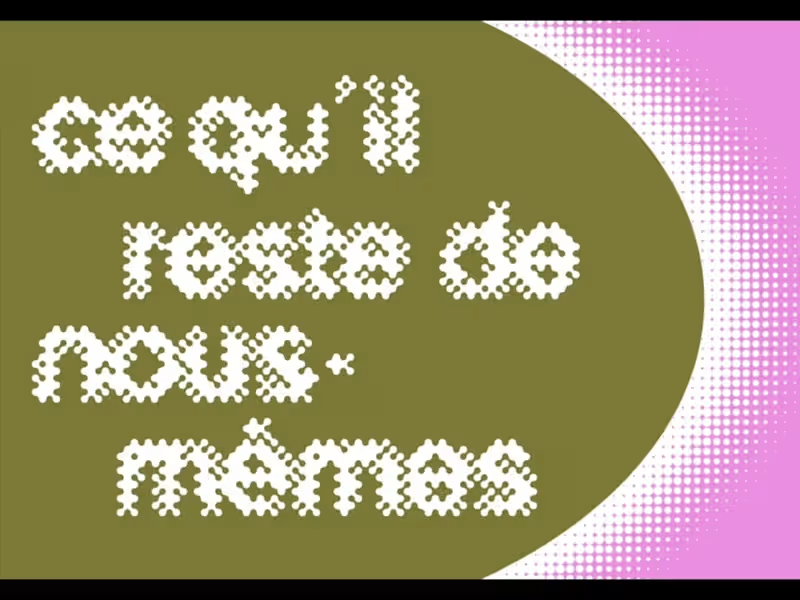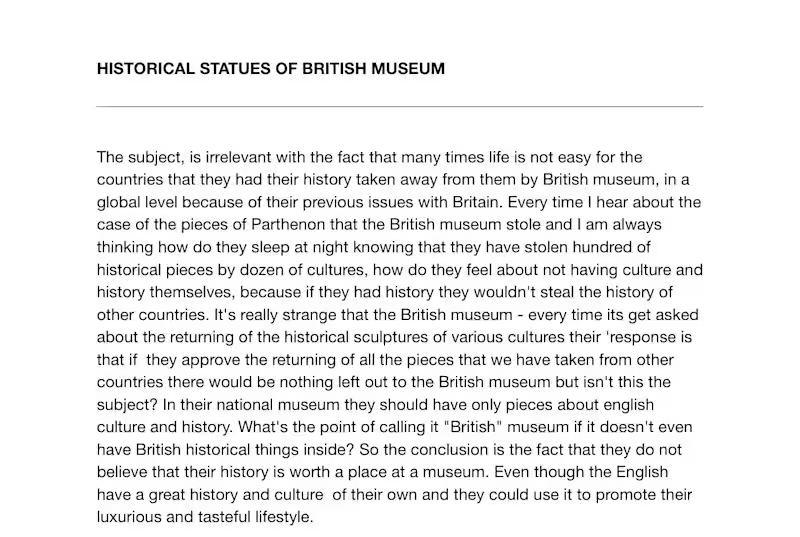How can I ensure the translator has expertise in my project's subject matter?
Look for translators who have experience in your specific industry. Check their past work and testimonials from clients. This will help you understand if they're familiar with the terminology and style you need.
What is the best way to assess a translator’s language proficiency?
Review samples of their past translations. You can also conduct a short test translation. High proficiency ensures that the translation is accurate and suitable for your audience.
Which criteria should I use to decide on the translator's fit for a project based in Île-de-France?
Ensure the translator is familiar with the local culture and linguistic nuances of the Île-de-France region. This helps in creating translations that resonate well with local audiences. Ask if they have worked on projects specific to this region before.
How can I agree on project deliverables with a translator?
Clearly outline the scope of the project, including deadlines, format, and any specific guidelines. Ensure both parties understand the expectations. This helps in creating a seamless translation process.
What is crucial when setting a timeline for receiving translated work?
Discuss and agree on realistic deadlines with the translator. Factor in the complexity of the content and the volume of work. A reasonable timeline ensures quality translation without rushing.
How can I ensure that my translator is up to date with the latest industry trends?
Inquire about their continuous learning practices or memberships in professional translator associations. Keep an eye on certifications or courses they have completed recently. Up-to-date knowledge leads to effective and modern translations.
What are important considerations when verifying the quality of translations?
Establish a review process by having another translator or a fluent speaker check the work. Provide specific feedback to the translator for any changes. This helps maintain the quality and consistency of the translation.
How can I ensure that my translator meets the local regulations in Île-de-France?
Ask about their knowledge on local translation laws and industry requirements specific to Île-de-France. Ensure they adhere to any necessary certification or legal documentation. This helps in staying compliant and avoiding any legal issues.
How do I decide if a translator uses the right tools for my project?
Discuss which translation tools and software the freelancer uses. These should align with your project needs for consistency and format. Using the right tools can improve the efficiency and quality of the translation process.
What's a simple way to check if a translator understands the target demographic in Île-de-France?
Ask if they have experience with content targeted at the Île-de-France audience. Look for past translations that showed successful engagement with this demographic. Understanding the audience helps in tailoring messages more effectively.
Who is Contra for?
Contra is designed for both freelancers (referred to as "independents") and clients. Freelancers can showcase their work, connect with clients, and manage projects commission-free. Clients can discover and hire top freelance talent for their projects.
What is the vision of Contra?
Contra aims to revolutionize the world of work by providing an all-in-one platform that empowers freelancers and clients to connect and collaborate seamlessly, eliminating traditional barriers and commission fees.








































